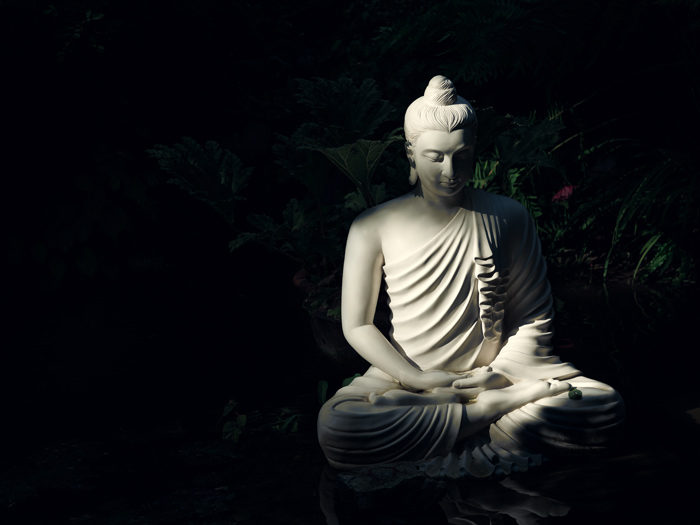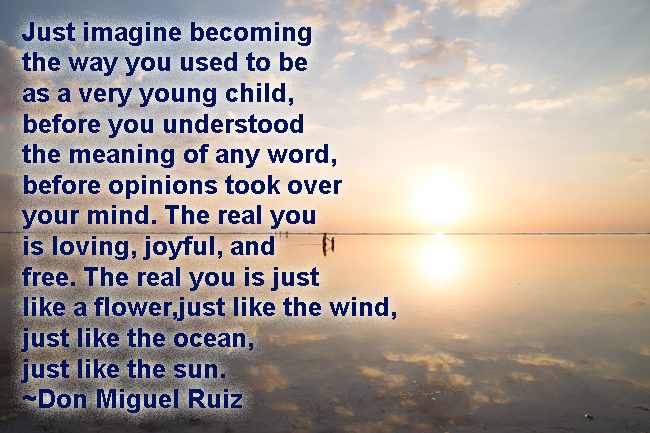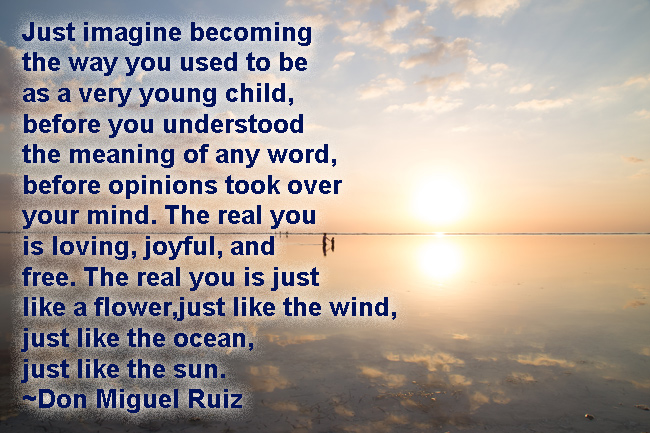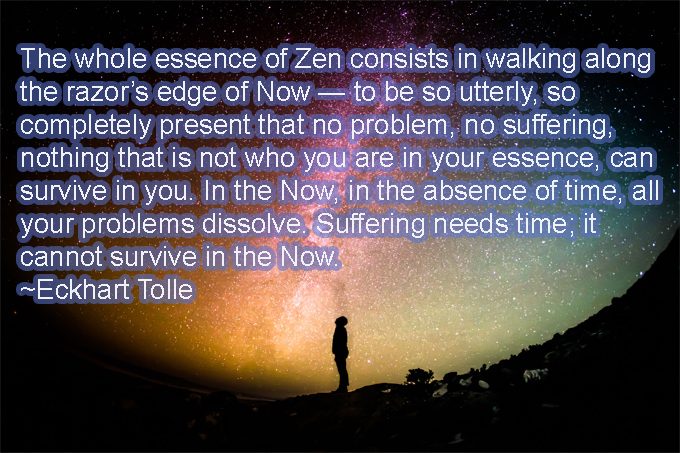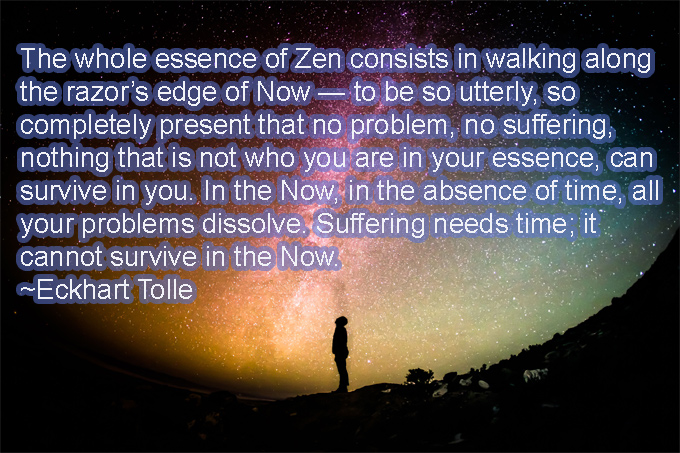By Khenchen Thrangu Rinpoche
There are very many great deeds of the Buddha recorded but these can be
summarized into the twelve most important, most famous deeds.
First Deed: Descending from Tushita
When the Buddha was teaching in the paradise of Tushita, which is a realm where the devas (gods) reside and also a sambhogakaya realm, the sound of his previous motivation reminded him that it was necessary to take birth in our world and teach the dharma.
He then considered five things: the land where he ought to be born (which was Kapila in Nepal), the caste he should be born into (which was a royal caste), the family in which he should be born (which was the Shakya clan), who his mother was to be (she was Mayadevi), and the time that was right for him to be born (which happened to be when the five degenerations were on the increase, the present time).
After having made these determinations, he decided to leave the Tushita paradise and take birth in our world. This particular deed of leaving Tushita to be born had a special significance. It was intended to teach us that somebody who has achieved enlightenment is no longer a slave of his own karma and has control over anything he or she does. So the Buddha chose to take birth in our world because the time was right and he wanted to show us that someone who is enlightened has control over anything he or she does.
Second Deed: Conception into the Womb
The Buddha was conceived into the womb of his mother, Mayadevi (by taking the form of a White Elephant descending from Tushita and entering the womb immaculately). One may wonder why he was conceived and then took birth. If he had complete control over everything, then why wasn’t he born miraculously from a lotus flower as was Padmasambhava or why couldn’t he simply descend from the sky?
The Buddha had a special reason for being born the normal way. If he had been born miraculously from a lotus, for example, it would have been very impressive and attracted many people. However, the Buddha was thinking in the long term of his future disciples who would be inspired because the Buddha, who practiced and achieved enlightenment, started out like ourselves. Had he been born in a lotus they would have thought no ordinary human beings could reach enlightenment because they didn’t have these same miraculous powers. So the Buddha entered the womb, he was conceived, to show that even ordinary human beings can achieve the highest realization. He did this to instill conviction and confidence in his future disciples.
Third Deed: Birth in the garden of Lumbini, in present day Nepal
Although the Buddha took an ordinary human birth, there was still something very special in his birth. The Buddha came out of the body of his mother through her right side. Some people might wonder how this was possible. They might think, “Well, what exactly happened? Did the rib cage crack?” One doesn’t need to think in terms of anatomical problems because the Buddha was a miraculous being and he just took birth through his mother’s right side without any pain or obstacle.
At the time of the Buddha’s birth, there were many very special things happening where he was born. All of a sudden, crops started growing. Trees appeared all over the area of Lumbini and rare flowers such as the Udumbara flower, that had never grown in this area, started blooming everywhere. Due to these events, from that moment onwards, he was given the name Siddhartha in Sanskrit, or Tungye Drup in Tibetan, which means, “the one that makes everything possible.” As a result of interdependent origination, the presence of a highly accomplished individual produces changes in the environment such as the blossoming of flowers (as in the case of the Buddha right after his birth).
Fourth Deed: Training in the Arts, Crafts and Sciences.
A few years later when the Buddha had grown up a little, he was educated and thus became very knowledgeable, very scholarly, and very skillful. This may be a little surprising, because the Buddha was already enlightened or at least a great bodhisattva residing in the tenth bodhisattva level ( bhumi, there are ten stages to a Bodhisattva’s development, the tenth being the final stage before Buddhahood).
People might think it should not have been necessary for him to train in worldly skills because he should have known them naturally. However, there was again a specific reason for doing this. It was to counteract various misconceptions we might have had. One misunderstanding was to think that the Buddha was someone who was simply a meditator without any academic education.
Another misconception was the idea that he already possessed all this knowledge so he didn’t need to learn. This could give rise to concerns that if we humans tried to learn something it would lead to no results. Or again people might think that the Buddha did not have any qualities and that he never had to train.
So to overcome these misconceptions the Buddha worked at becoming a scholar and became very skilled in all different arts. It also shows that it is necessary to receive full education in the culture in which we are born. We must therefore be apart of the various positive aspects of our culture and then become a vehicle for transmitting the dharma.
Fifth Deed: Marriage to Yashodhara, the birth of his son Rahuia and the enjoyment of royalty.
The Buddha did this so that his future disciples wouldn’t think that the Buddha or an enlightened person was unable to enjoy any pleasures or feel the need for enjoyment. The other reason for the Buddha living such a sensuous life was to show that even though the Buddha had all the finest pleasures, he wasn’t satisfied by these pleasures because he understood that there was a higher form of happiness to be sought.
Sixth Deed: Renunciation of Samsara, Leaving his life as a Prince
The royal palace where the Buddha stayed was enclosed with high walls and four gates facing each of the cardinal points. The Buddha went for a walk outside of the precincts of the palace, each time leaving through one of the different gates, and each time he saw something that gave him a different lesson on life.
The first time he went out through the eastern gate of the palace and saw the suffering of an old man, discovering for the first time that all persons experience the degeneration of the body. Another time he left the palace through the southern gate and saw a sick person and discovered the suffering that all persons at one time or another suffer. The next time he went out through the western gate and saw a dead person and discovered the pain of death which all persons must undergo. This hit him hard because he realized that no matter how rich you are, no matter how powerful you are, no matter how much pleasure and enjoyment you have, there is nothing you can do to run away from the suffering of old age, sickness, and death. He realized that there was no way to avoid these; even a king could not buy his way out of this suffering. No one can run away and hide from this suffering. No one can fight and defeat these three kinds of suffering.
But then the Buddha realized that maybe there is a way out: the practice of a spiritual path. The Buddha understood this when he left the palace through the northern gate and saw a begging monk. That moment he felt great weariness with the world and renounced the world at the age of 29. He left his worldly royal life in search of the truth.
Seventh Deed: Practice of Austerities and Asceticism, and then Renouncing them
After the Buddha left home, he led a life of austerities for six years by the banks of the Nirajana river in India. These austerities did not lead to his enlightenment, but the years spent doing ascetic practices were not wasted because they had the specific purpose of showing future disciples that the Buddha had put a very great amount of effort, perseverance and diligence into achieving the goal of enlightenment.
By doing this, the Buddha demonstrated that as long as someone is attached to money, food, clothes, and all the pleasures of life, full dedication to spiritual practice is impossible. But if one gives up attachment, then the achievement of Buddhahood becomes a possibility. So that is why the Buddha engaged in this deed of six years of austerities by a riverside.
In the end, the Buddha gave up the practice of austerities, by accepting a bowl of yogurt. In contrast to the austerities, the Buddha ate this nutritious food and gave his body a rest (regaining all his physical splendor and health). He put his clothes back on and went to the bodhi tree in Bodh Gaya. The Buddha gave up the austerities to show his future followers that the main object of Buddhist practice is working with one’s mind. We have to eliminate the negativity in our mind and have to develop the positive qualities of knowledge and understanding. This is far more important than what goes on outside of us. So, austerities are not the point in themselves, they alone do not bring us enlightenment.
Eighth Deed: Taking His place at the Vajrasana in Bodh Gaya, the seat under the Bodhi Tree
After giving up the ascetic practice, the Buddha went to the bodhi tree and vowed to stay under this tree until he reached final awakening.
By doing so, the Buddha demonstrated to us that true practice should be in the middle of the two extremes: practicing too many austerities and being too indulgent. The first extreme is when you starve yourself or you don’t allow yourself food and drink. These practices also involve placing yourself in extreme physical conditions such as being too hot or too cold. This is pointless because it has no true significance. The other extreme is when you just follow any of your desires. This is endless because there is a constant escalation in your desires. If you have ten pleasures, you’ll want a hundred. If you have a hundred, you’ll want a thousand; so you will never find any satisfaction and you will also never be able to practice the dharma either. So the Buddha wanted to show us that we have to avoid the extreme of too much austerity and too much indulgence: true practice lies somewhere in the middle.
Ninth Deed: Victory over of the leader of Maras, Papiyan
When the Buddha was sitting under the bodhi tree, Papiyan, the leader of Maras, used forms related to the three disturbing emotions (sometimes called k/eshas) of ignorance, desire, and aggression to try to lure the Buddha away from his pursuit of enlightenment.
The first deception, representing ignorance, was that the Buddha was asked to abandon his meditation and return immediately to the kingdom because his father King Shuddhodana had died and the evil Devadatta had taken over the kingdom. This did not disturb the Buddha’s meditation. Then Papiyan tried to create an obstacle using desire; his beautiful daughters tried to deceive and seduce the Buddha. When this did not disturb the Buddha’s meditation, Mara then used hatred by coming towards the Buddha surrounded by millions of horribly frightening warriors who were throwing weapons at the Buddha’s body.
But the Buddha wasn’t distracted or fooled by these three poisons. He remained immersed in compassion and loving-kindness and therefore triumphed over this display of the three poisons and was able to eventually achieve enlightenment. (This deed of the Buddha is represented by the image of the Buddha “taking the earth as witness,”gently touching the ground with his right hand and holding a begging bowl in his left hand. The Buddha wasn’t tricked by Mara’s deceptions, and also miraculously proved to Mara that for eons he performed innumerable good deeds by having the earth itself testify)
Tenth Deed: Attainment of Enlightenment reached while meditating under the bodhi tree.
Since the Buddha developed all the qualities of meditation to the utmost stages, he was able to reach enlightenment. He did this to demonstrate that we also can reach enlightenment. As a matter of fact, one of the main points of the whole Buddhist philosophy is to show us that Buddhahood is not something to be found outside of us, but something we can achieve by looking inside ourselves.
In the same way as the Buddha Shakyamuni reached enlightenment, we also can achieve enlightenment. And the qualities that we will attain with enlightenment will be no different from the ones the Buddha attained. Also, the Buddha managed to eliminate all the negative emotions, the same ones we presently experience.
Eleventh Deed: Teaching the Dharma
The Buddha turned the wheel of the dharma three times, meaning He taught in three different ways. The first is called the Hinayana, which consists of the teachings on the Four Noble Truths, meditation and developing an understanding of the emptiness of self. The second is the Mahayana teachings which involve the study of emptiness of phenomena and practicing the bodhisattva path. The third turning is the Vajrayana which involves the understanding that everything is not completely empty, but there is also Buddha-nature that pervades all sentient beings.
When the Buddha lived in India, the population of India believed that if one made offerings and prayed to a god, then that god would be satisfied and happy. In turn that god would grant liberation and happiness. They also believed that if one didn’t make offerings and pray to the god, he would be very angry, throwing you down to the hells and inflicting other states of suffering upon you. This idea of a god isn’t really one of a special deity, it is only the embodiment of desire and aggression.
In Buddhism, we do not expect our happiness or our suffering to come from the Buddha. It is not believed that if we please the Buddha, he will bring us happiness and if we displease the Buddha, he will throw us into samsara or some lower realm.
This may seem to be a contradiction that Buddhist don’t believe in supplicating a god. Buddhist believe that there are gods, there are deities which were created by mind. But unlike theistic religions Buddhist do not believe these deities created the universe. These deities cannot affect your individual karma by rewarding and punishing you.
So, the possibility of happiness or reaching liberation is entirely up to us. If we practice the path that leads to liberation, we will attain Buddhahood. But if we do not practice it, then we cannot expect to reach enlightenment. The choice is entirely ours. It’s in our hands whether we want to find happiness or suffering. But still there is something that comes from the Buddha and this is the path to liberation. To provide us with that means for liberation, the Buddha turned the wheel of the dharma.
Twelfth Deed: Passing away at the age of 83 in the town of Kushingara.
The Buddha asked his students if they had any final questions and then lying on his side, in the lion’s posture, he passed away. His last words were, “Bhikshus, never forget: Decay is inherent in all composite things. Therefore, work diligently.”
The Life of the Buddha & the Four Noble Truths
https://archive.org/details/KhenchenThranguRinpocheTheTwelveDeedsOfTheBuddha
